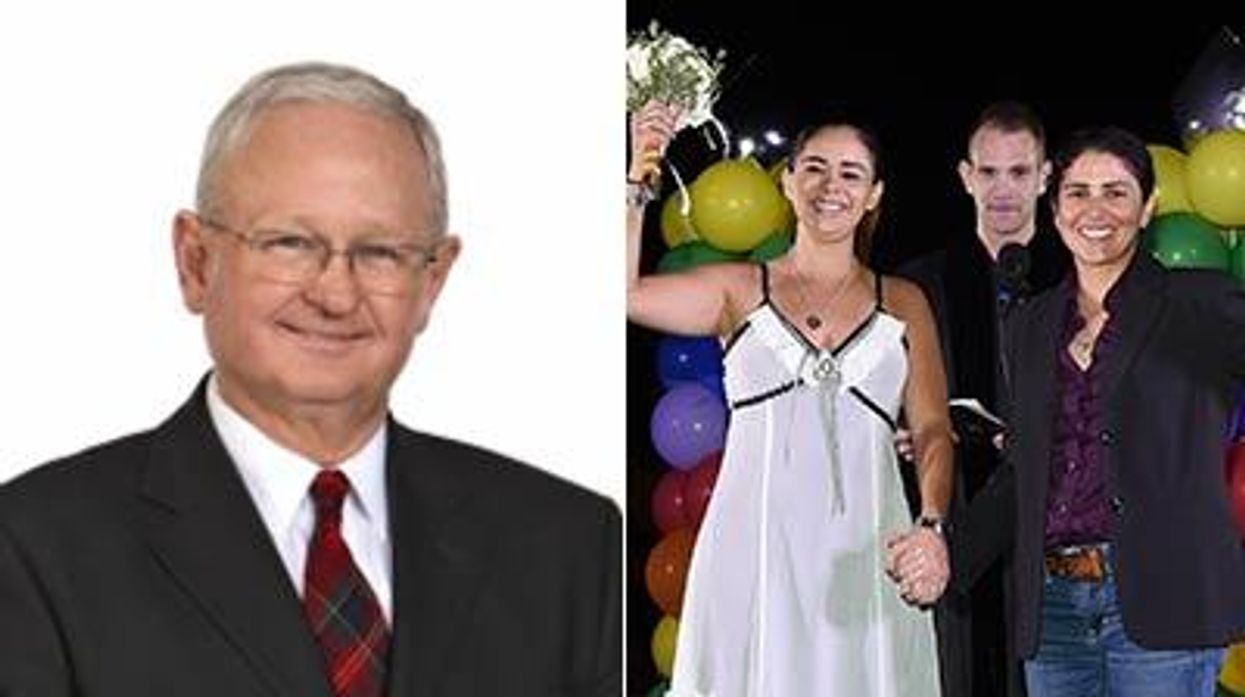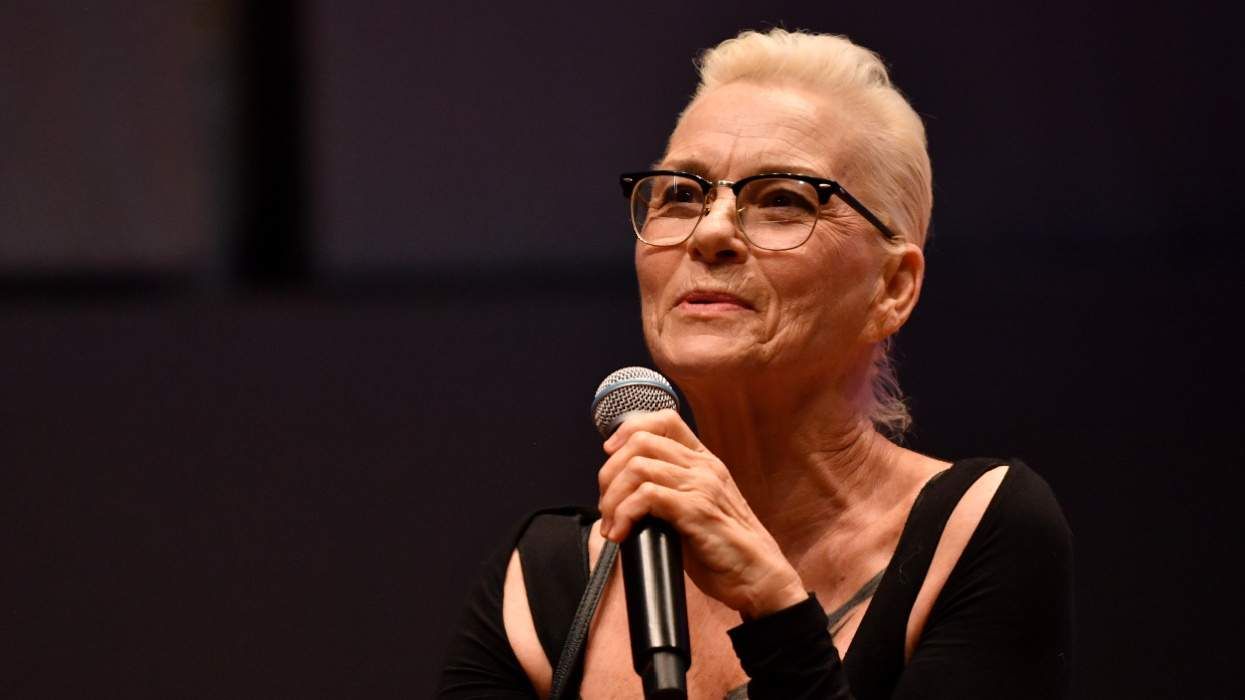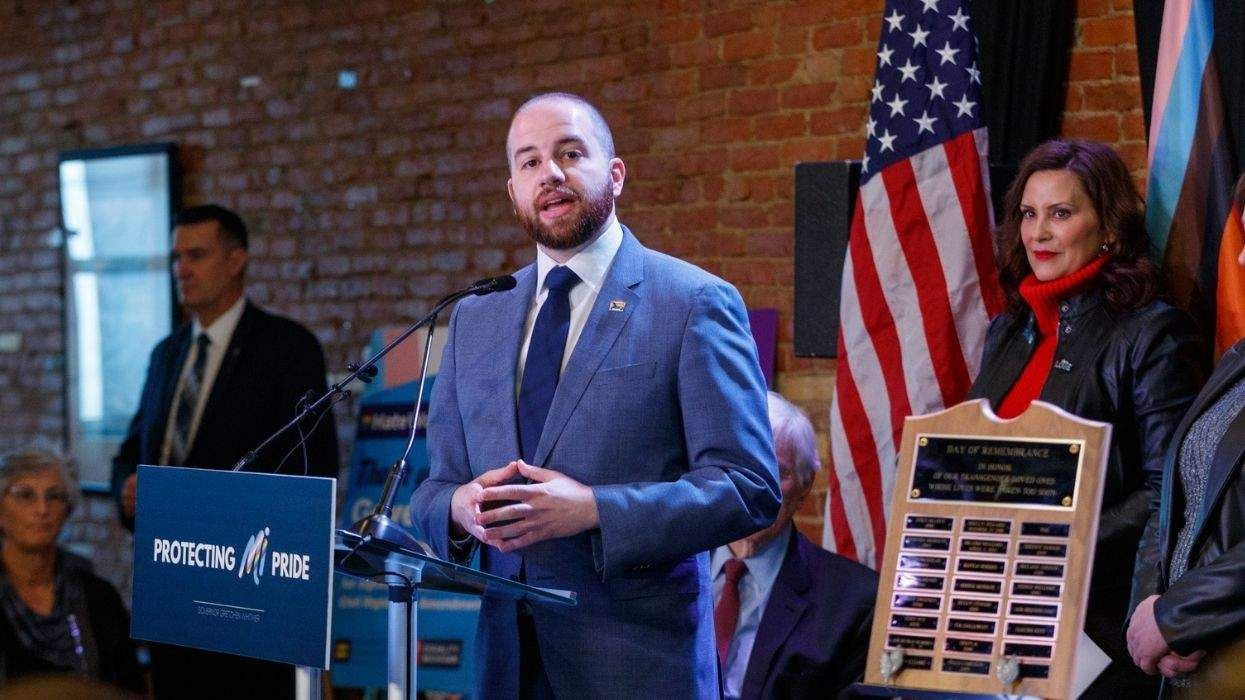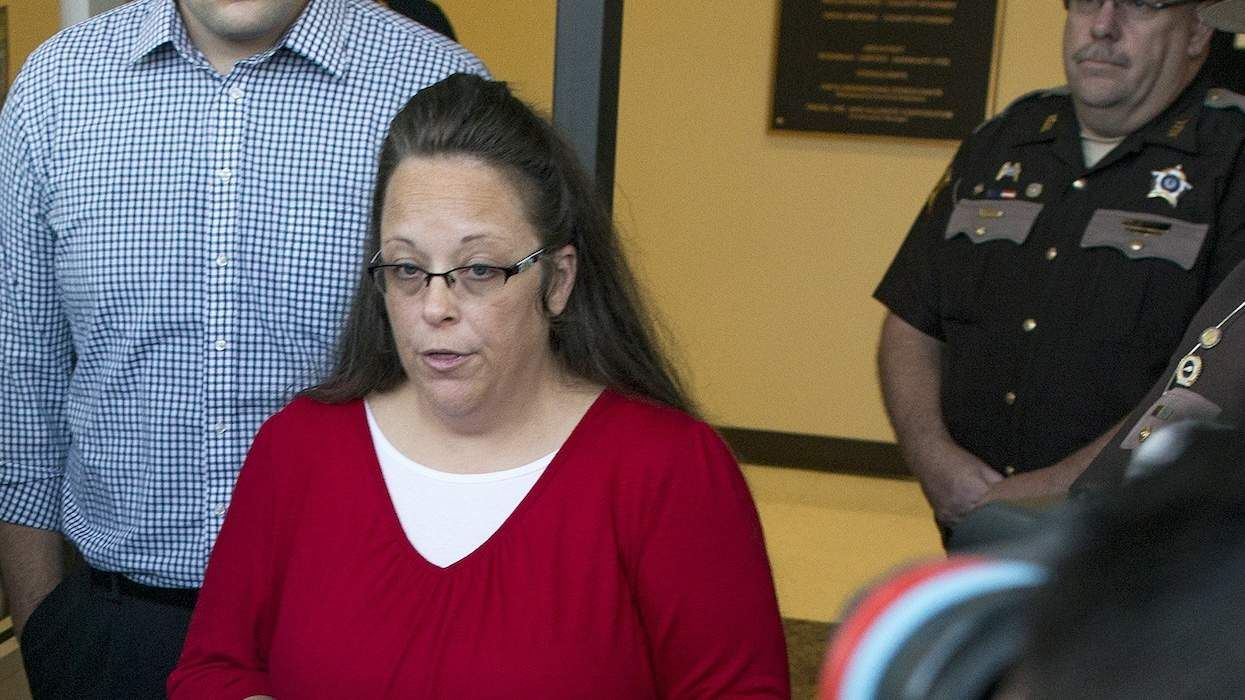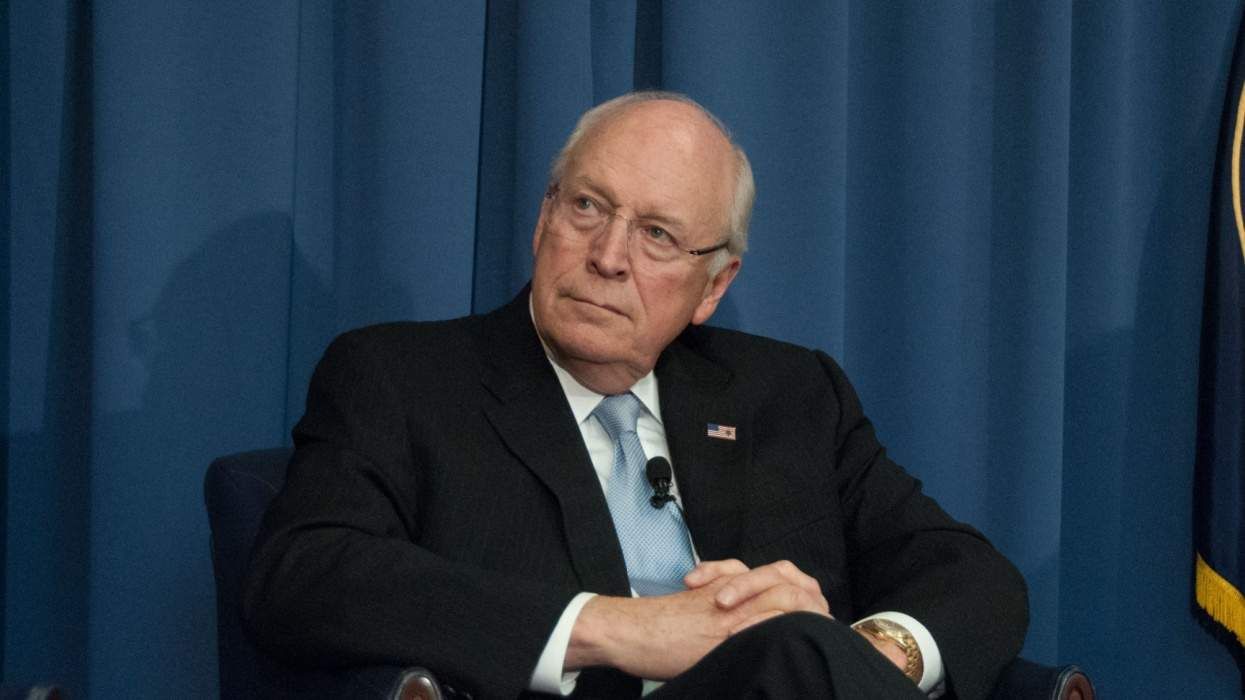It's been a bad couple of weeks for Monte Stewart, the attorney who defended Idaho and Nevada's respective bans on same-sex marriage.
Following his lackluster performance before the Ninth Circuit Court of Appeals, the court ruled that marriage bans in both states are unconstitutional. Now Stewart's making a last-ditch attempt to question the court's credibility. It's not going to work.
In his latest filing Monday, Stewart suggests that the court deliberately assigned marriage equality cases to judges who would be sympathetic to the plaintiffs, same-sex couples hoping to marry. It's a wildly unlikely conspiracy theory, and a desperate move.
"The appearance is strong and inescapable that the assignment of this case to this three-judge panel was not done through a neutral process," he writes, adding that "consistent public commentary" had identified certain judges as more favorably inclined towards the plaintiffs.
But Stewart isn't directly accusing the court of acting inappropriately. He's simply saying that it appears to have acted inappropriately and that he should be entitled to a rehearing with a larger panel for both the Idaho and Nevada cases.
Stewart does not offer any suggestion as to how the court might have picked an unfair panel. He also doesn't explain why he waited until after the ruling to raise an objection.
The court is unlikely to grant the request for several reasons, not least of which is that same-sex couples have already started marrying in both states. The unanimous ruling against Stewart is consistent with rulings from other federal courts. The U.S. Supreme Court declined to weigh in on the issue earlier this month, indicating that a majority of the justices are satisfied with the rulings that overturned marriage bans.
Prior to this legalistic "Hail Mary," Stewart had difficultly justifying Idaho and Nevada's marriage bans during oral arguments. He misspoke several times before the court, and admitted to making up terms like "bonding right" to suggest that children are not entitled to have access to any primary caregiver other than their biological parents.
Stewart also claimed that allowing gay and lesbian couples to marry would discourage heterosexual men from bonding with their children. An incredulous Judge Marsha Berzon asked, "Has that happened in Massachusetts? ... My understanding is no."
Stewart's bizarre ideas about gay and lesbian couples date back even further than his defense of legally indefensible laws. "A fundamental purpose of marriage ... is to situate heterosexual passion," Stewart wrote in 2008, according to BuzzFeed's Chris Geidner.
The former U.S. attorney was also involved in the failed defense of Utah's marriage ban, and submitted a brief in support of California's now-defunct Proposition 8.
Of course, it's not all bad news for Stewart. His last payout from Idaho, before the Ninth Circuit ruled, was for over $71,000. When Stewart filed his latest motion, requesting a rehearing in the Idaho and Nevada cases before the full Ninth Circuit, Idaho officials would not confirm whether or not Stewart was still representing Gov. Butch Otter, according to the Spokesman-Review, a newpapser in nearby Spokane, Wash.
Stewart, a graduate of Brigham Young University, cofounded a now-abandoned organization known as the Marriage Law Foundation and cochaired the campaign that passed Utah's marriage ban.
He also wrote a 2004 post-graduate thesis on "Judicial Redefinition of Marriage," a process to which he has since made significant contributions.
